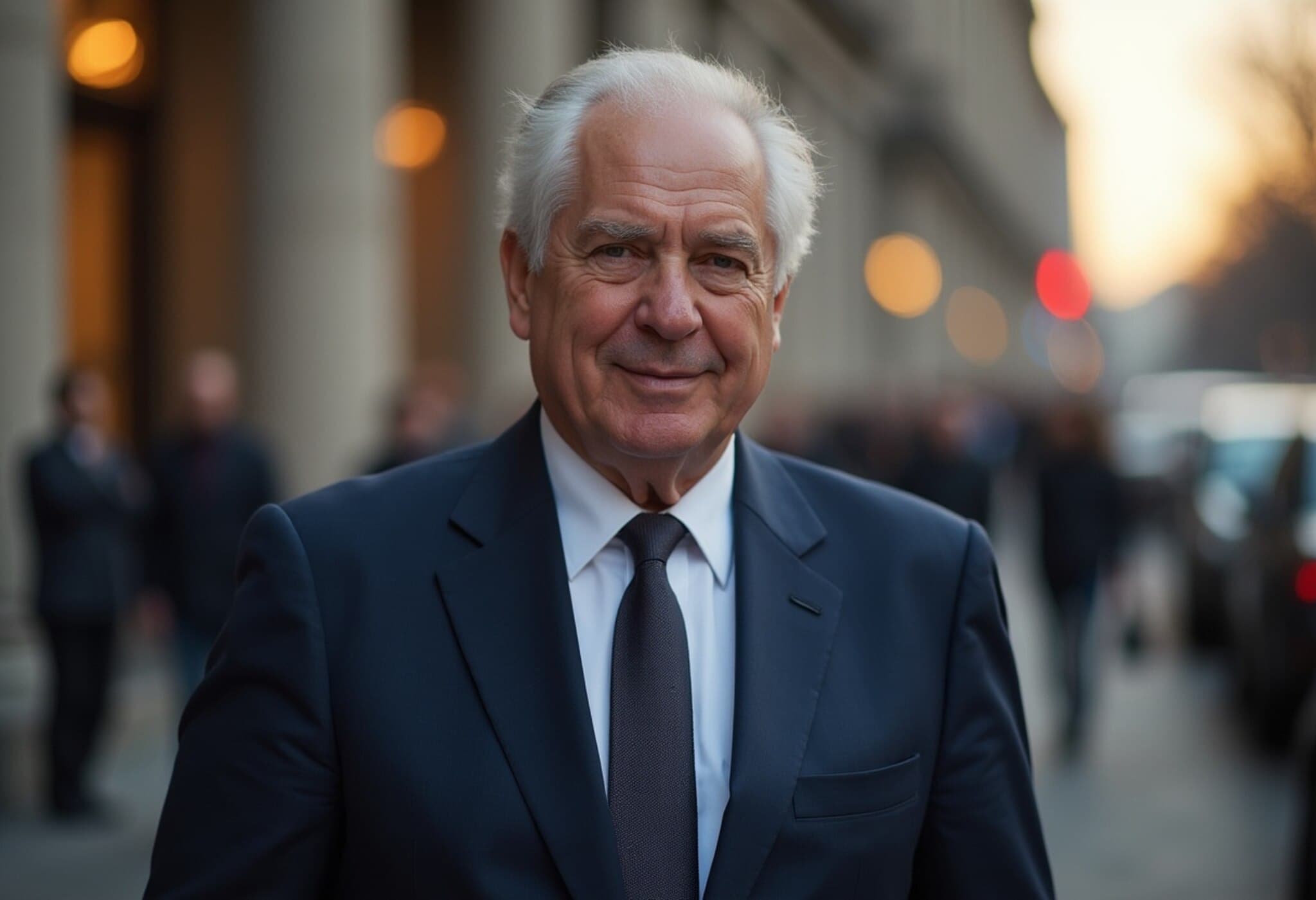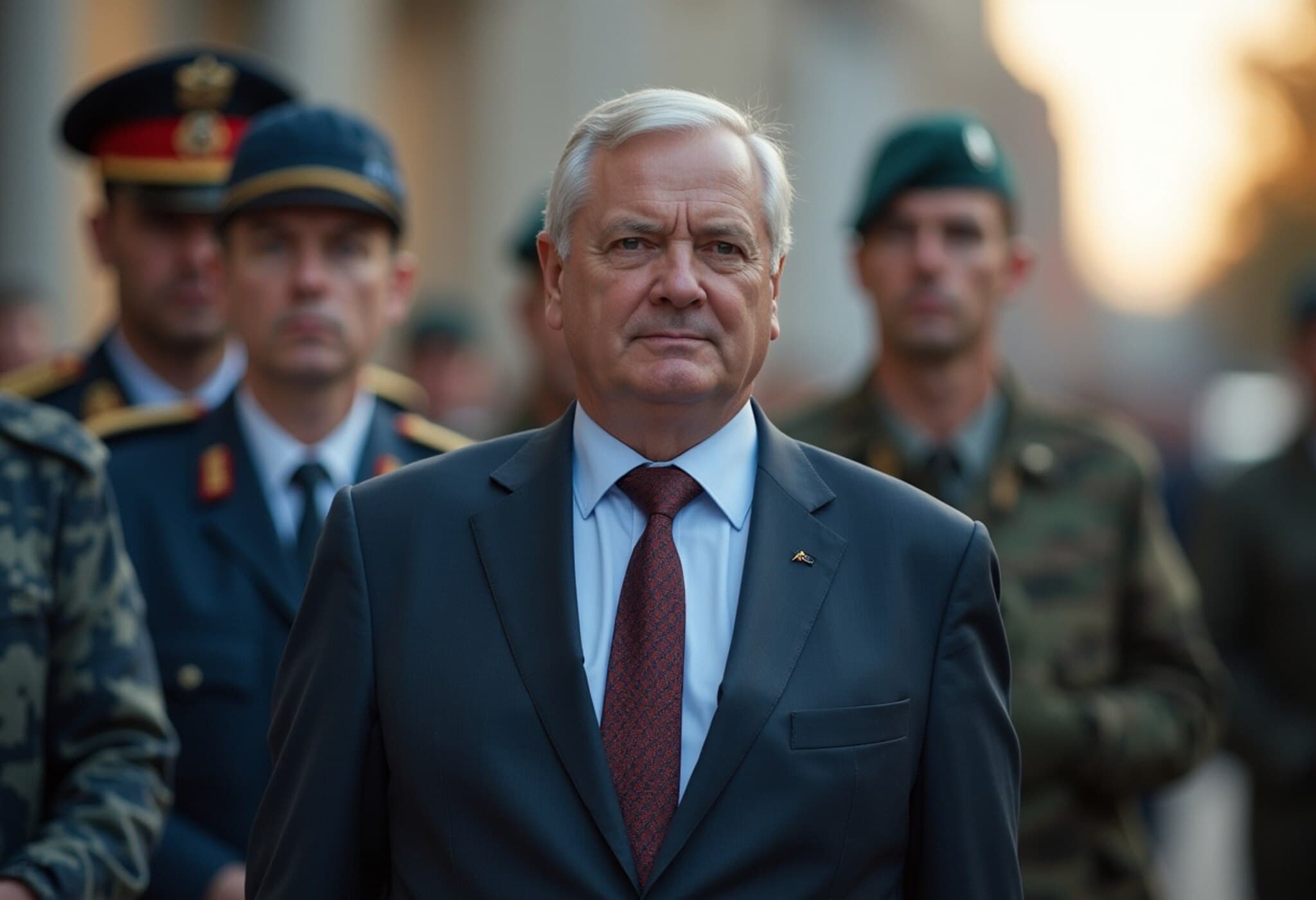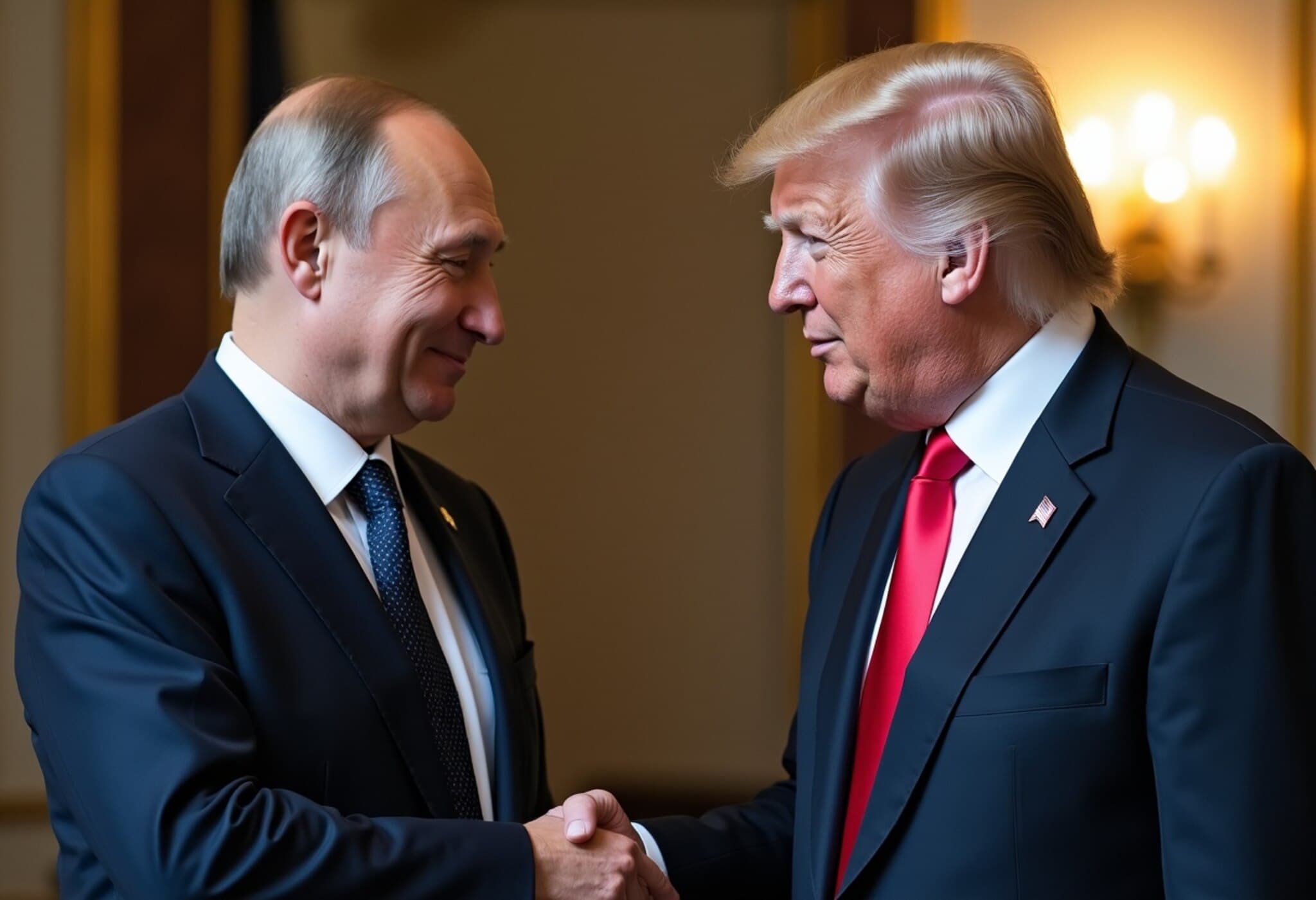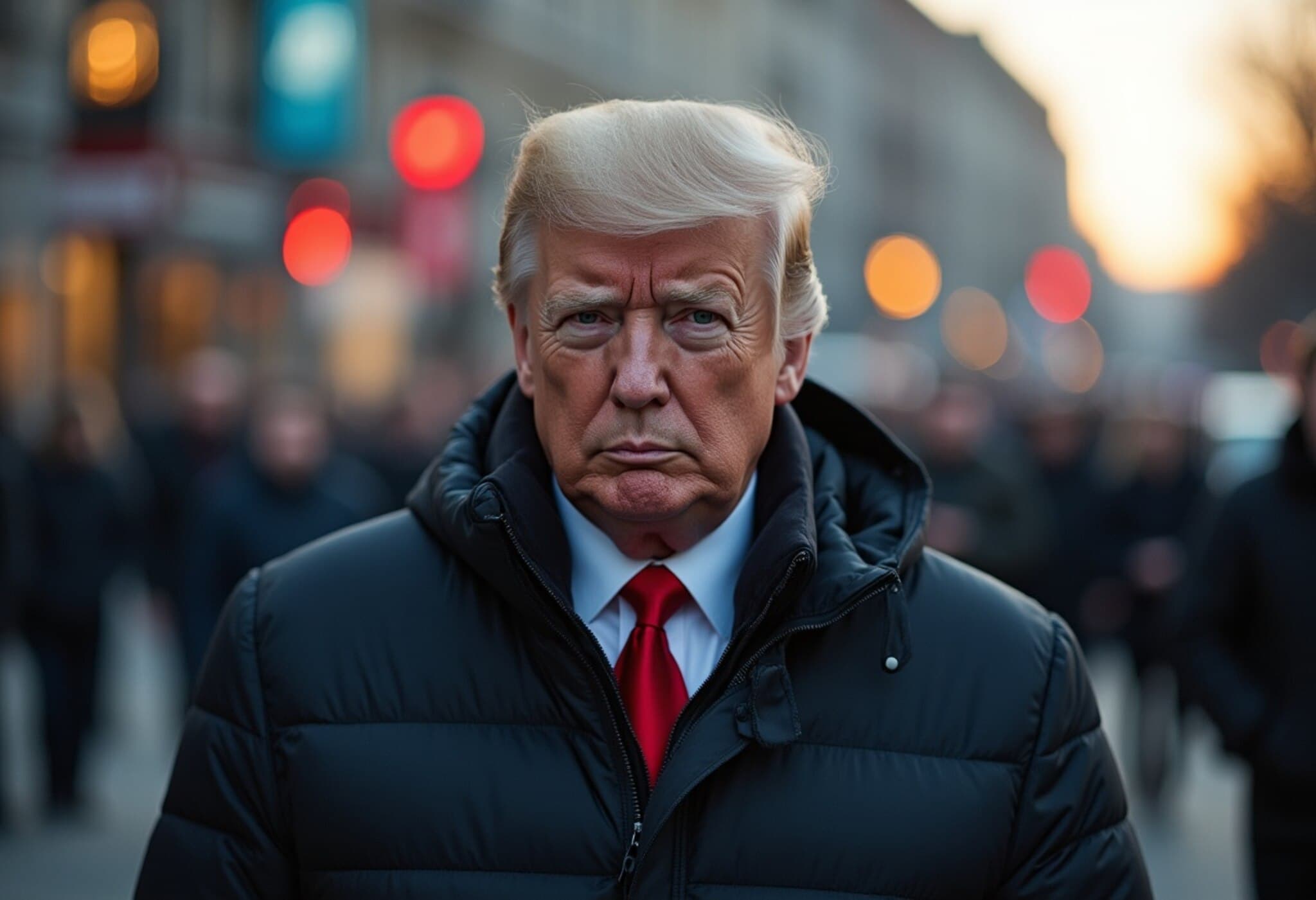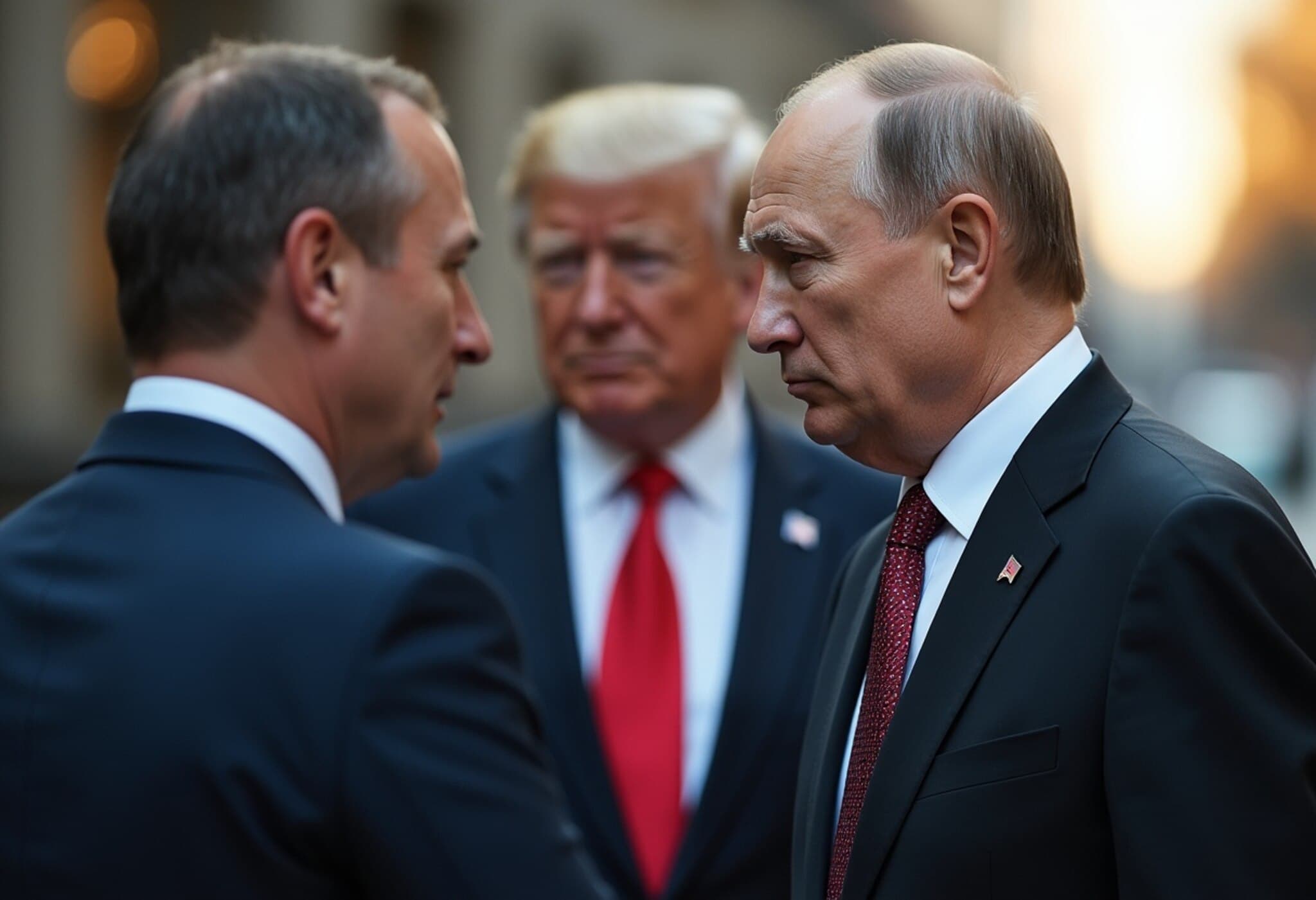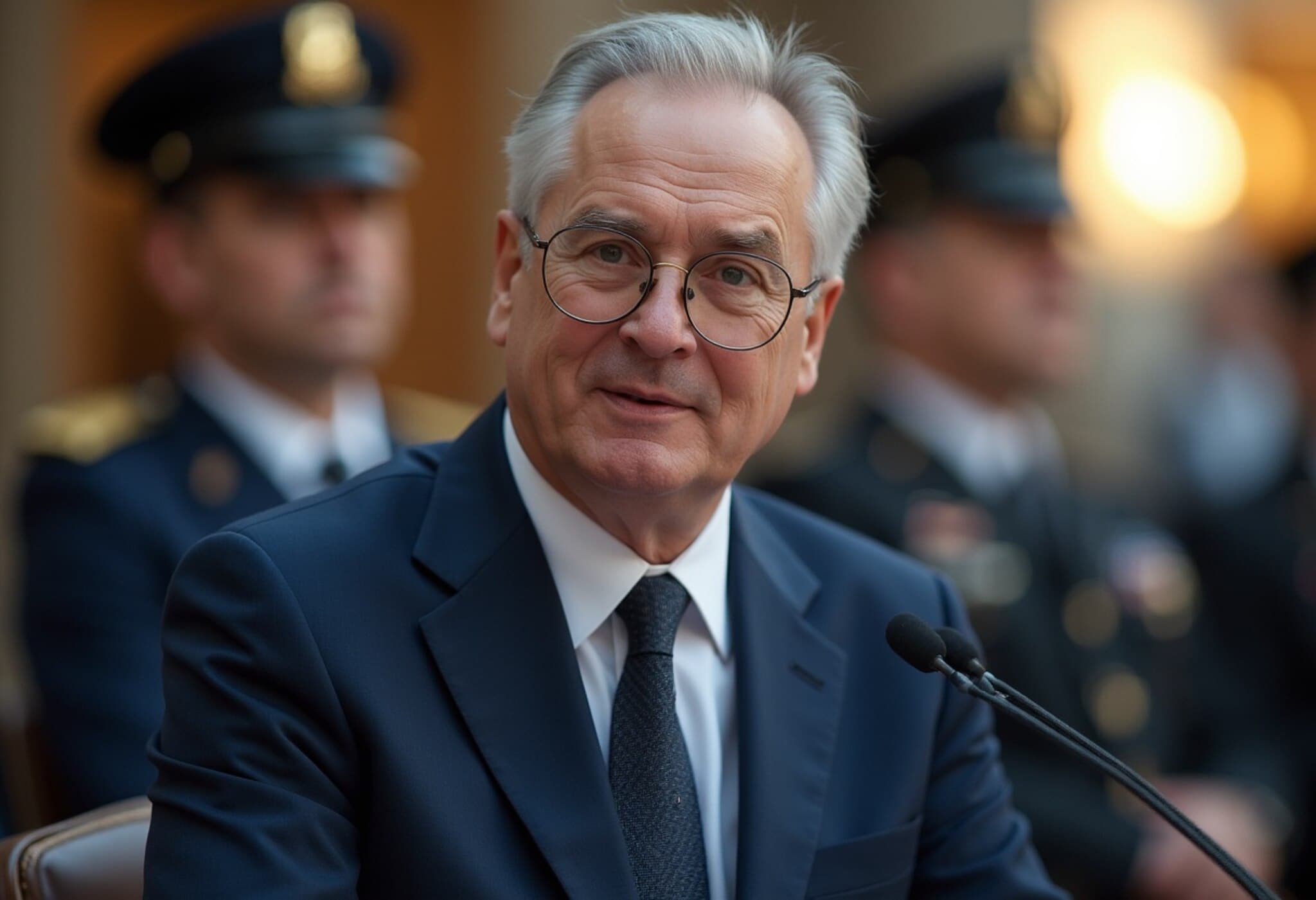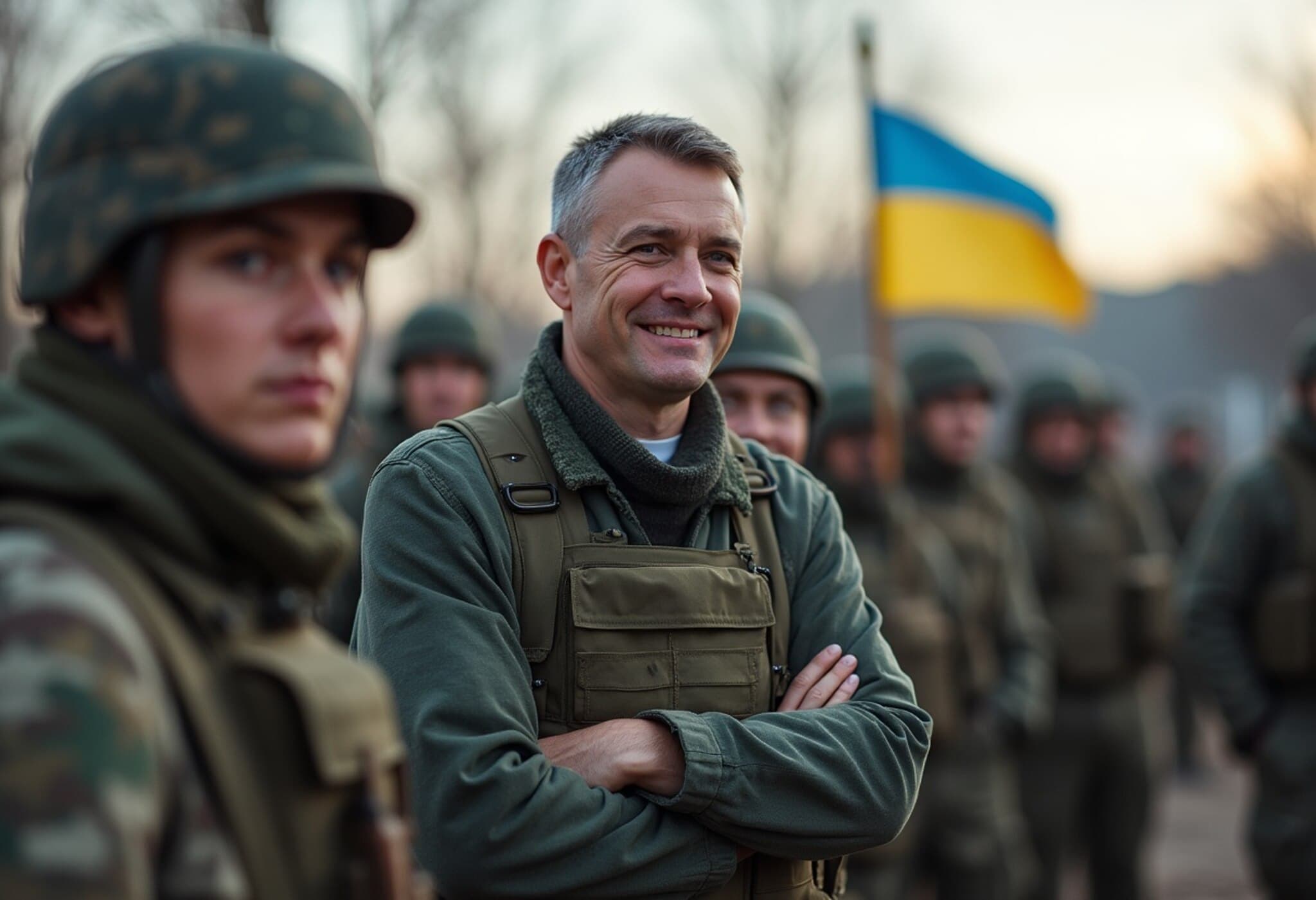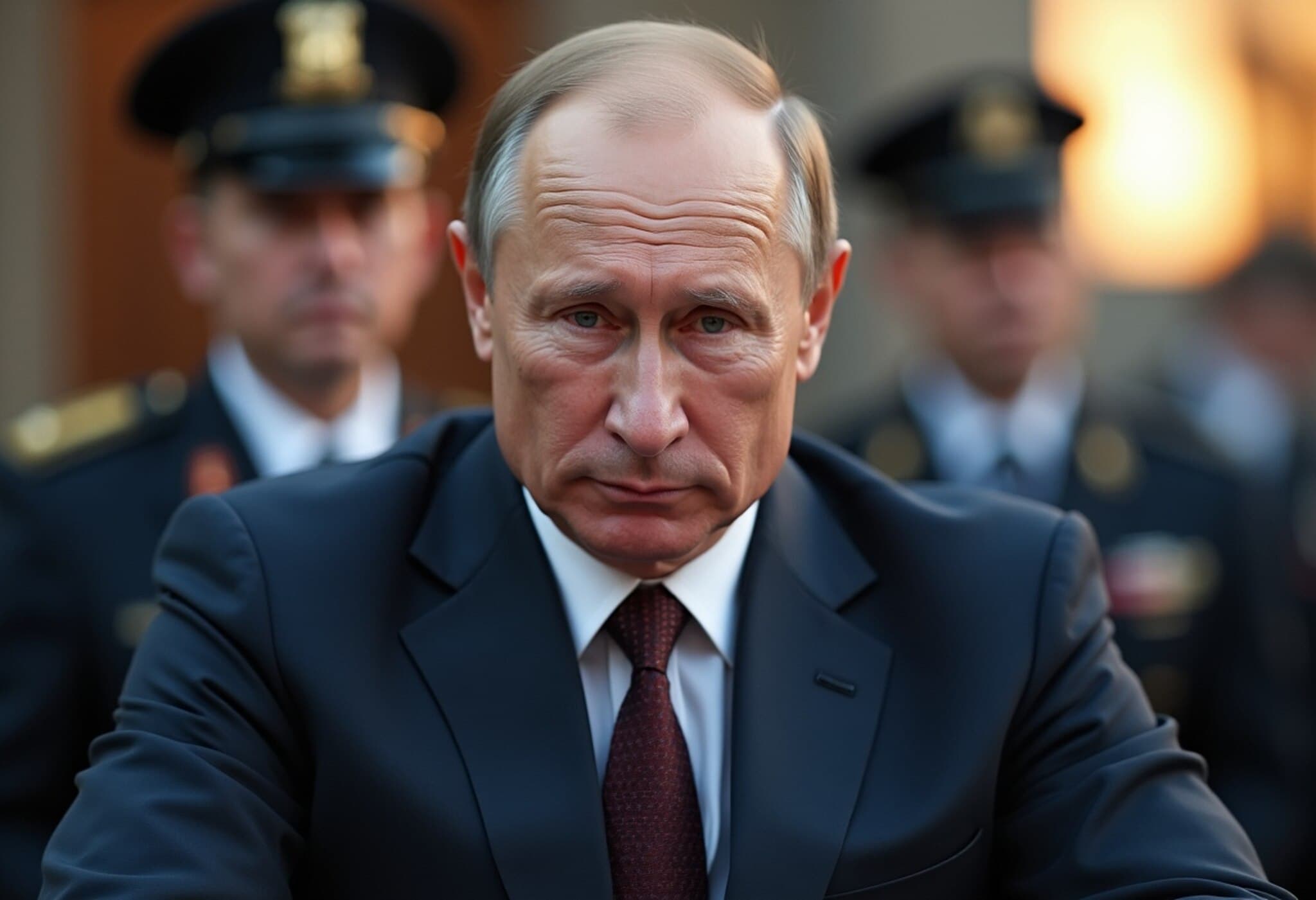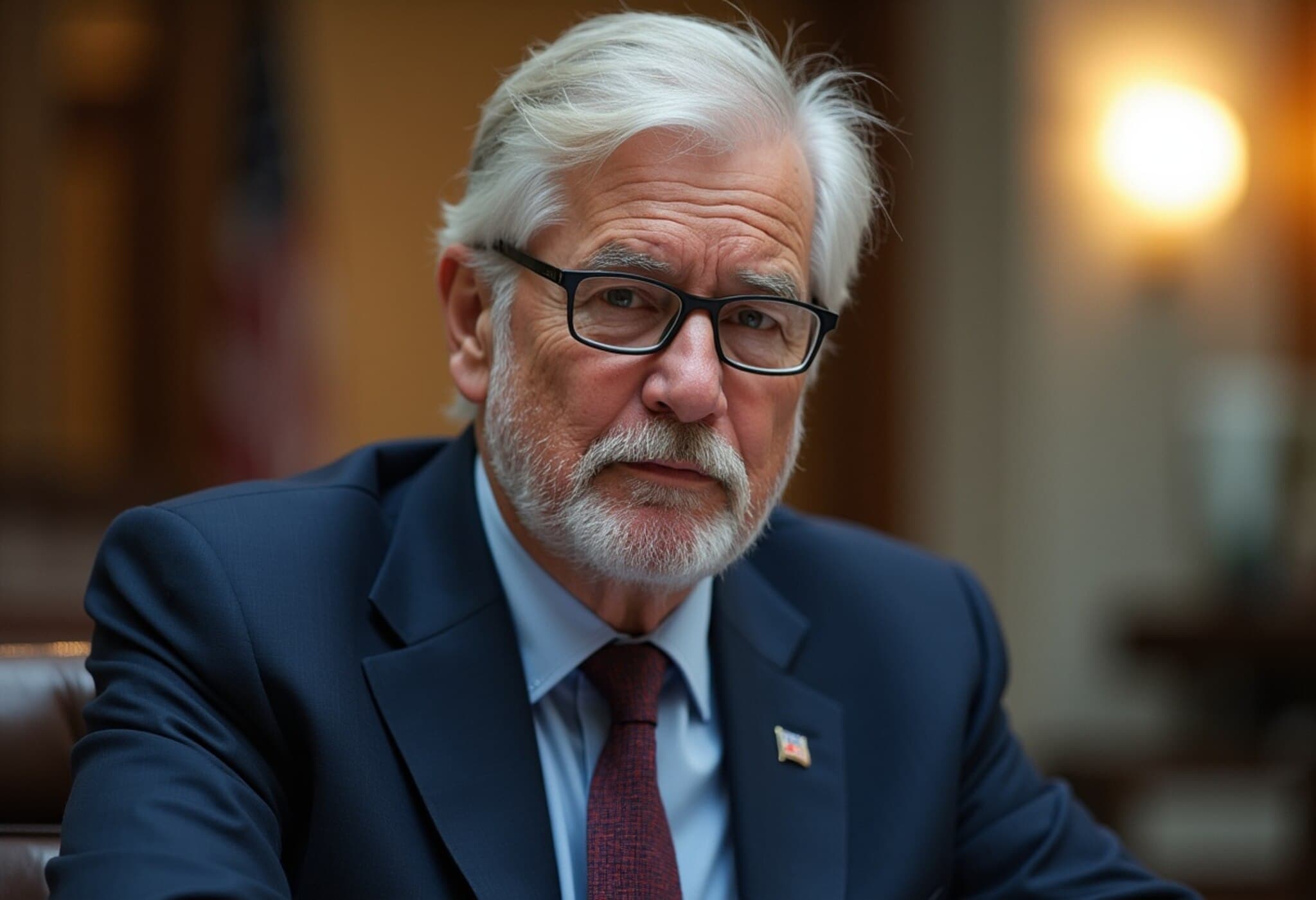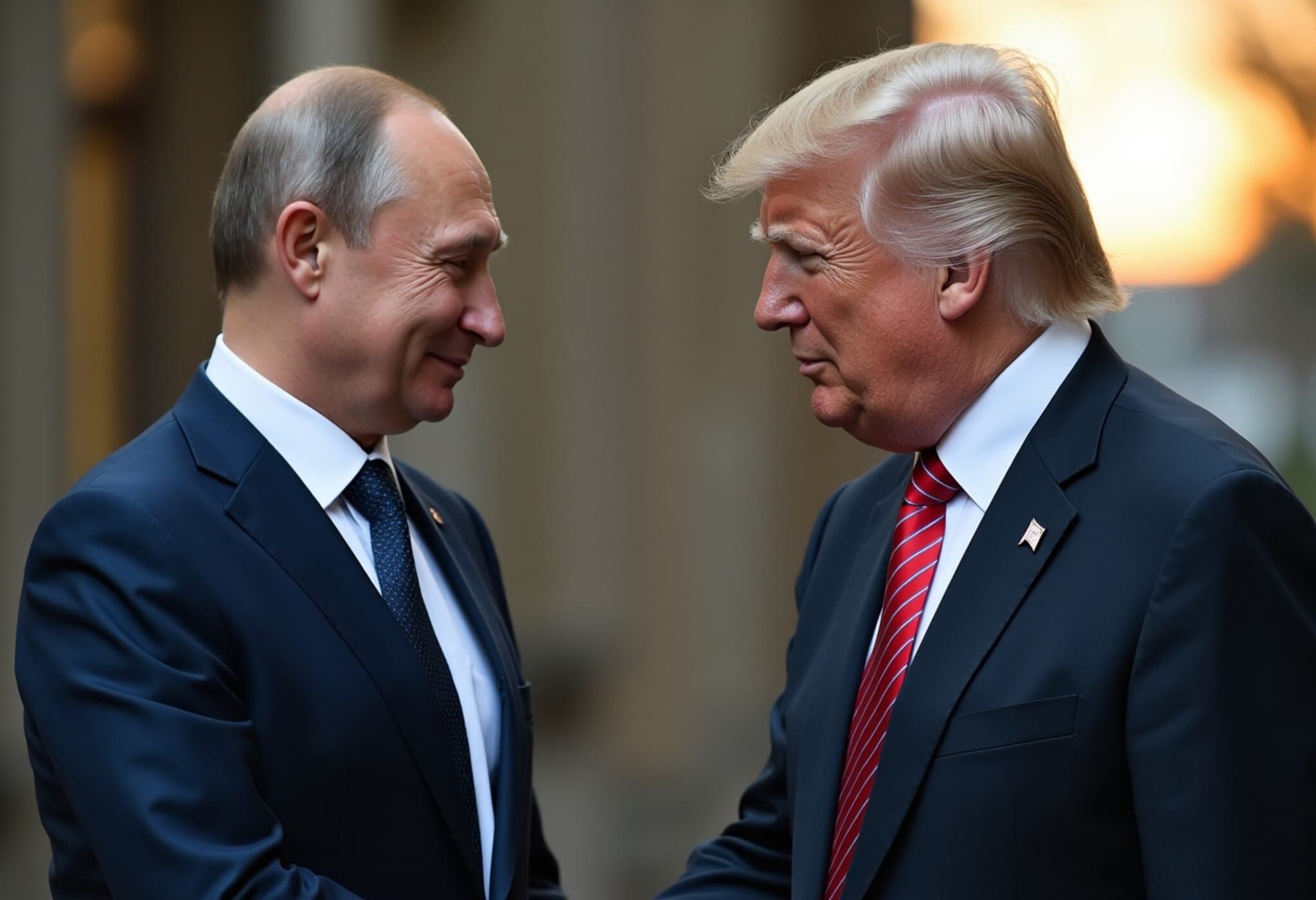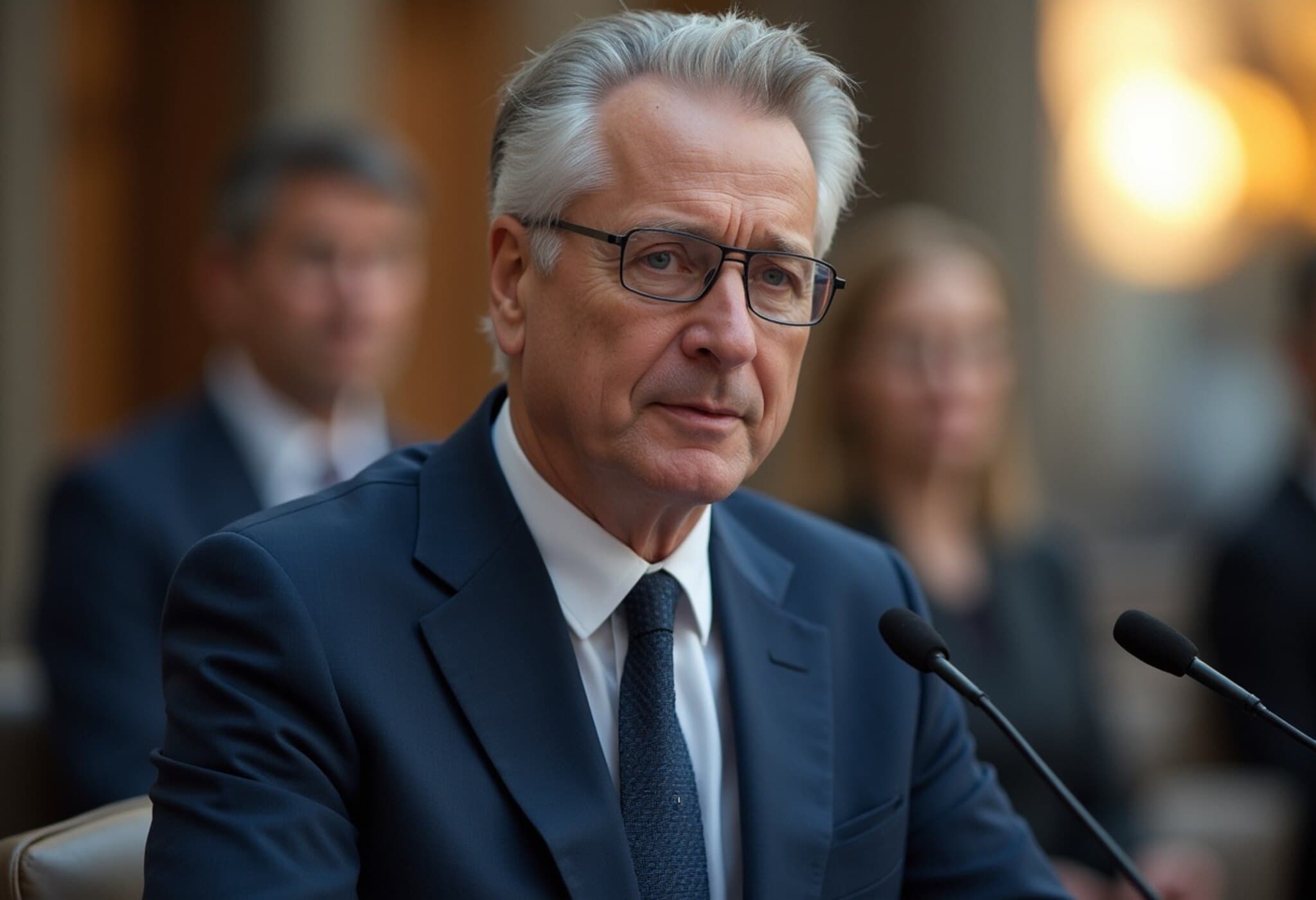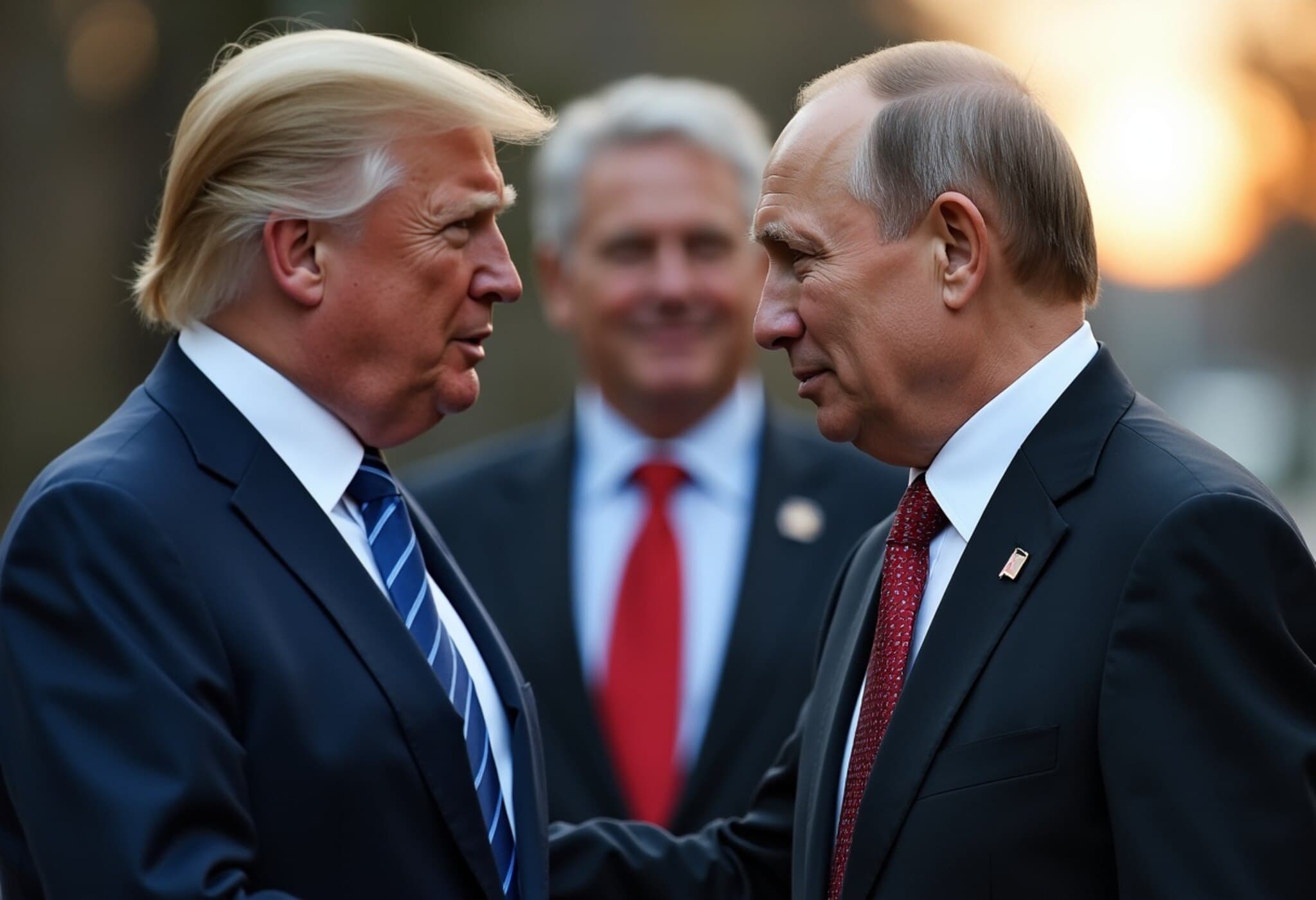Ukraine’s Zelenskyy Decries Putin’s Move to ‘Legalize’ Occupied Territories
In a striking public statement, Ukrainian President Volodymyr Zelenskyy accused Russian President Vladimir Putin of attempting to 'legalize the occupation' of Ukrainian lands amidst ongoing, fragile peace negotiations. Zelenskyy condemned what he described as Moscow’s strategic gambit to transform temporary military control into recognized sovereignty, warning this could set a dangerous precedent in the region and beyond.
“Putin Fears Sanctions, Seeks to Trade Pause for Territorial Gains”
Addressing the global community via social media platform X (formerly Twitter), Zelenskyy stated, “Everyone can clearly see Putin’s tactics. He fears sanctions and is doing everything to bail on them. He wants to exchange a pause in the war, in the killings, for the legalization of the occupation of our land.” He drew a direct parallel to Russia’s 2014 annexation of Crimea, cautioning that this current strategy represents another attempt to carve up Ukraine and legitimize illegal territorial grabs.
Critique of Upcoming Trump-Putin Summit: Ukraine’s Exclusion Raises Concerns
As an unexpected development, former U.S. President Donald Trump announced plans to meet Putin in Alaska on August 15 to explore potential peace talks, possibly involving land swaps. Zelenskyy responded coolly, criticizing the meeting for excluding Ukraine and dismissing any decisions made without Kyiv as “dead decisions” that undermine peace efforts.
He emphasized, “We will not allow this second attempt to partition Ukraine. Knowing Russia, where there is a second, there will be a third. That is why we stand firm on clear Ukrainian positions. We must end the war with a dignified peace, based on a clear and reliable security architecture.”
Expert Insight: The Risk of External Mediation Without Ukrainian Voice
Experts warn that negotiations on Ukraine’s future, conducted in absentia, risk legitimizing Russia’s aggressive advances and weakening Ukraine’s sovereignty. International law and diplomatic norms dictate that any peace deal addressing territorial disputes must prioritize the rights and voices of the affected nation. This summit raises critical questions about the role of external actors in conflict resolution and whether their agendas align with justice and lasting stability.
Continued Hostilities: Human Cost Amid Diplomatic Maneuvering
While diplomatic talks capture headlines, the conflict remains deadly on the ground. On Saturday, Russian drone strikes targeted civilian vehicles in the Kherson and Zaporizhzhia regions, resulting in at least four deaths and multiple injuries. These attacks underscore the precarious nature of peace negotiations amid ongoing violence.
Additionally, Russia reported intercepting nearly 120 Ukrainian drones overnight, indicating sustained military engagement and the complex interplay between warfare technology and defense systems.
Balancing Geopolitics with Human Realities
The evolving situation puts the international community at a crossroads: Will power politics trump human rights and sovereignty? The conflict’s toll on civilians, coupled with the geopolitical chess game, demands that any diplomatic effort must be transparent, inclusive, and reflective of Ukrainian interests.
Looking Ahead: The Quest for a Genuine and Lasting Peace
Zelenskyy’s firm stance serves as a reminder that peace cannot be a euphemism for occupation or land concessions coerced by force. His call for a “dignified peace” grounded in dependable security arrangements challenges global leaders to rethink conflict resolution frameworks for Eastern Europe.
- Ukraine’s insistence: No peace at the cost of sovereignty
- International diplomacy: Need for inclusive talks involving all stakeholders
- Global implications: Ensuring precedents set here do not embolden territorial aggression elsewhere
Editor’s Note
As the world watches the unfolding drama between Russia, Ukraine, and powerful external actors, Zelenskyy’s words resonate beyond regional conflict — they highlight the delicate balance between seeking peace and preserving sovereignty. The planned Trump-Putin summit raises profound questions about the integrity of peace processes when key parties are sidelined. For readers, it’s critical to stay informed not just about diplomatic gestures but also the human impact on the ground, reminding us that behind every headline lie real lives fighting for dignity and justice.

